Bicycles and weed – that’s the lasting impression of this capital city that straddles a canal system off the river Amstel, has 5 million tourists cram through its narrow alleyways each year, and is the European home of some uber companies like Uber, Tesla and Netflix – as well as some old stayers such as Philips and ING.
Apparently there’s 1.3 bicycles per person here and 500,000 people a day ply the inner city roads by bike (the permanent population here is only 900,000). Importantly there’s not a bicycle helmet to be seen. That’s such a relief from nanny state NZ, the home of stifling, and superfluous compulsion (did I read this week that you can no longer even have your dog on the back of your ute?). Helmets are discouraged here, indeed the cycling Ambassador for Amsterdam tours the world telling governments and councils (politely) why it is so dumb to make helmets compulsory if you want significant switching from motorised traffic in your cities. It seems to be a frequent theme throughout Europe as greater efforts are made to keep cars out of cities, but people in them.
But it’s the “cannabis coffee shops” that have got me excited this trip. They’re a tour de force in this part of the world and another tilt to freedom and individual choice. Here again New Zealand remains stuck in the Dark Ages of conservative ignorance with respect to best drug practice, ie; least harm. These shops proliferate in the inner city and it’s been so refreshing to enjoy that environment out in the open.
The Netherlands seems to be doing really well, and it’s not due just to technology companies. It is now the second largest exporter of fresh food in the world (after the US) thanks to its sophisticated industry of plant production – apparently 2/3rds of West Holland is under glass. With a land area of just 15% of New Zealand’s the value of its agricultural exports is 15 times more than we manage – what a tribute to technology (robots pick much of their fruit) and high value food products. Dutch per capita incomes are roughly 40% higher than ours, making it well entrenched in the top quartile of the OECD, while we’re flirting with entering the last quartile.
All in all it’s hard to argue that New Zealand got much more from its Old Zeeland heritage than a name. Certainly our economic and social policy settings are from another Age.

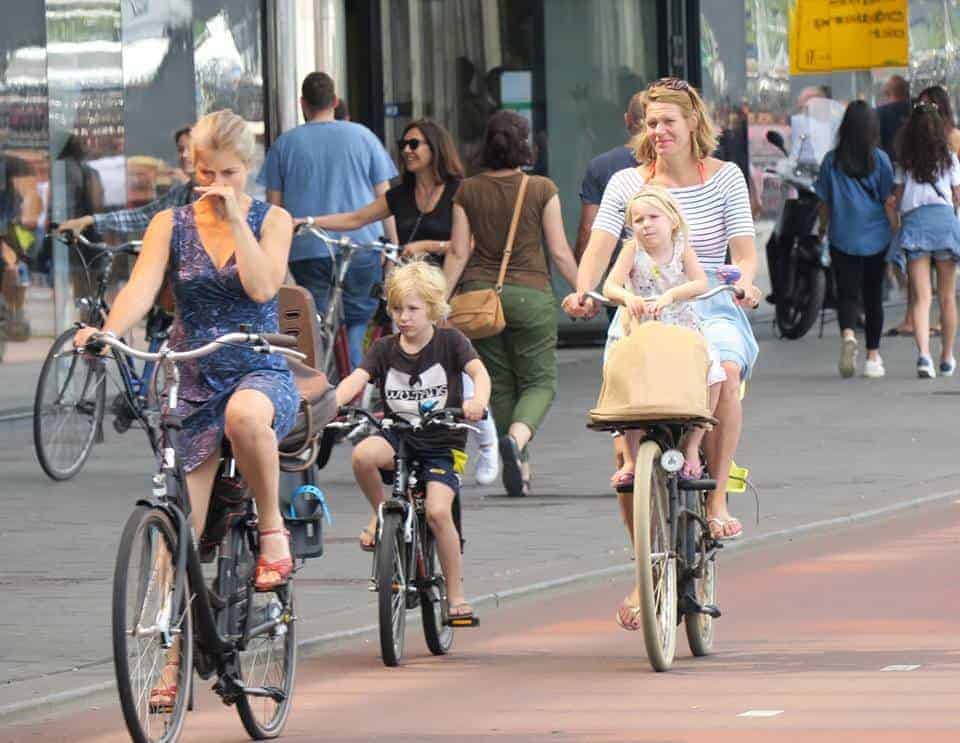

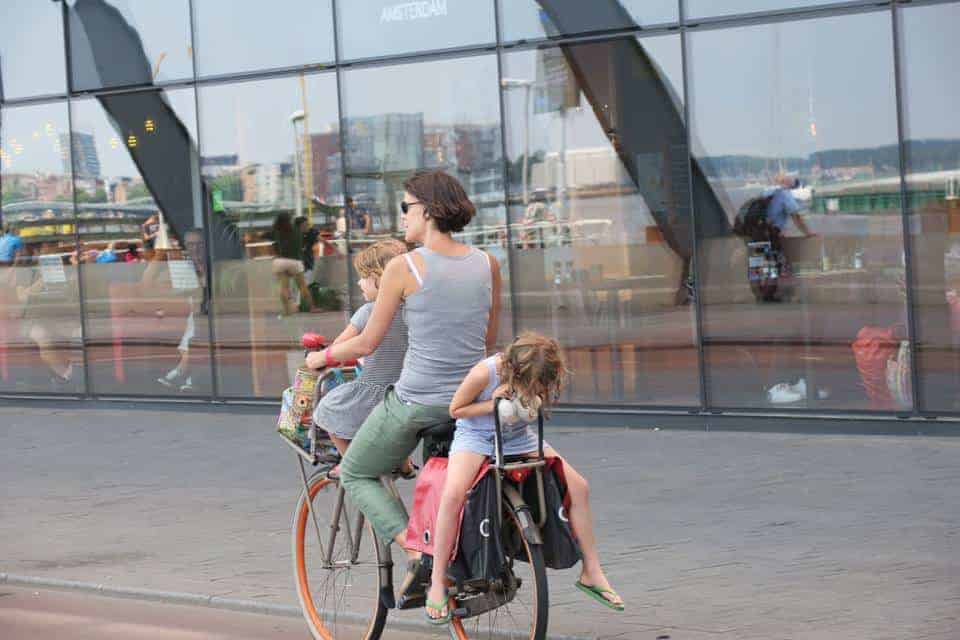
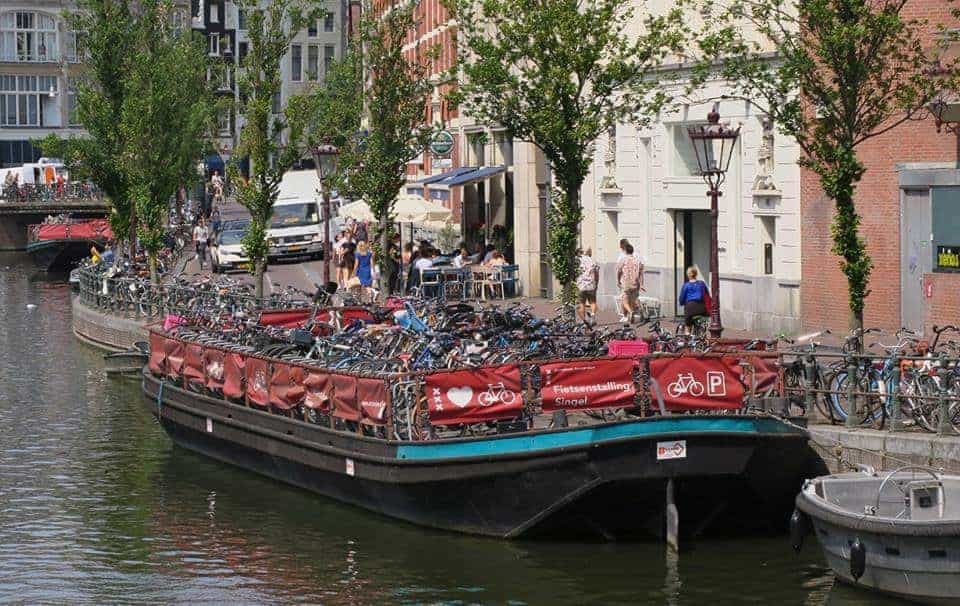
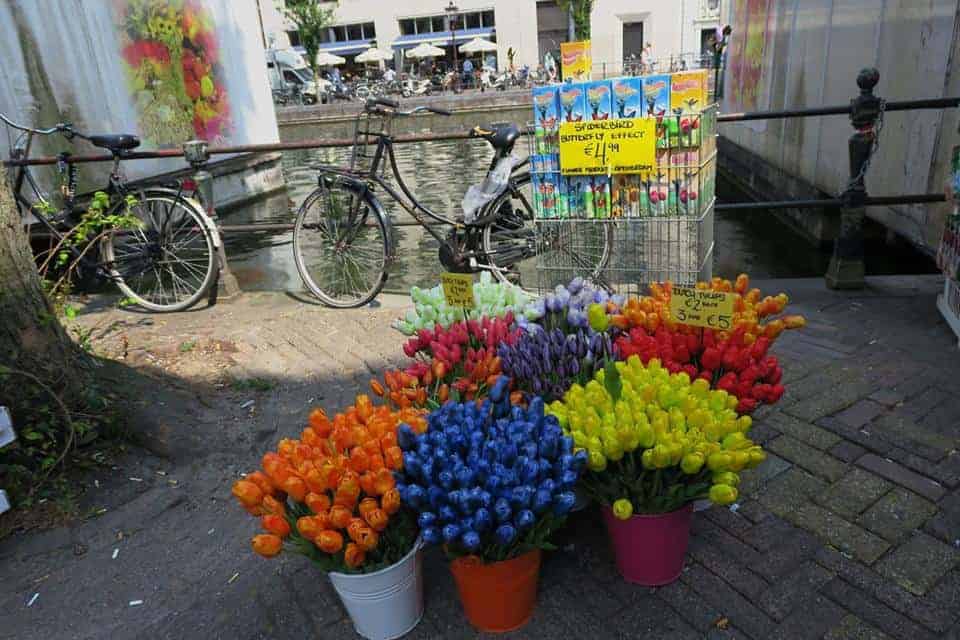
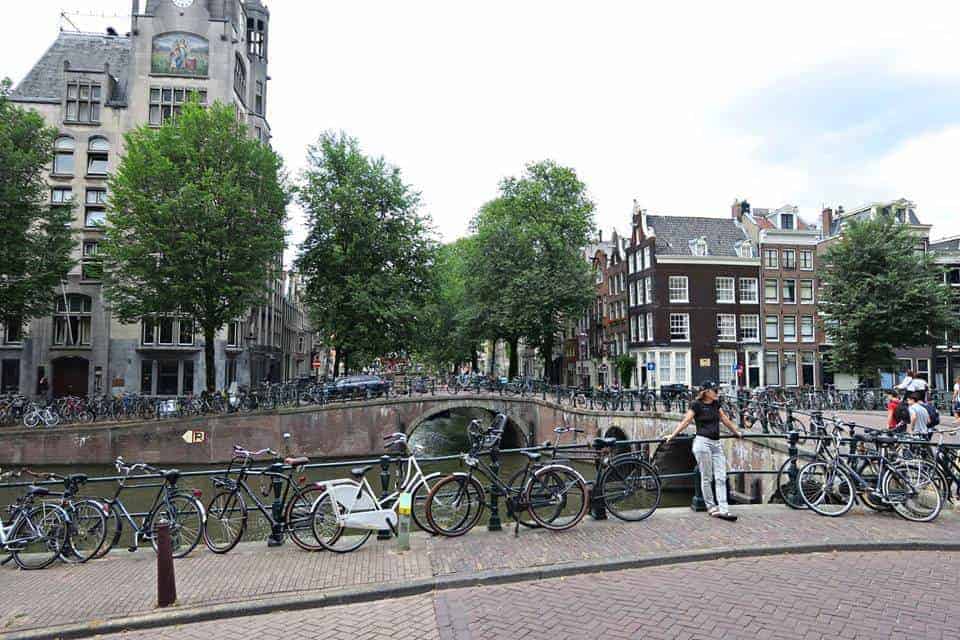
Comments are closed.